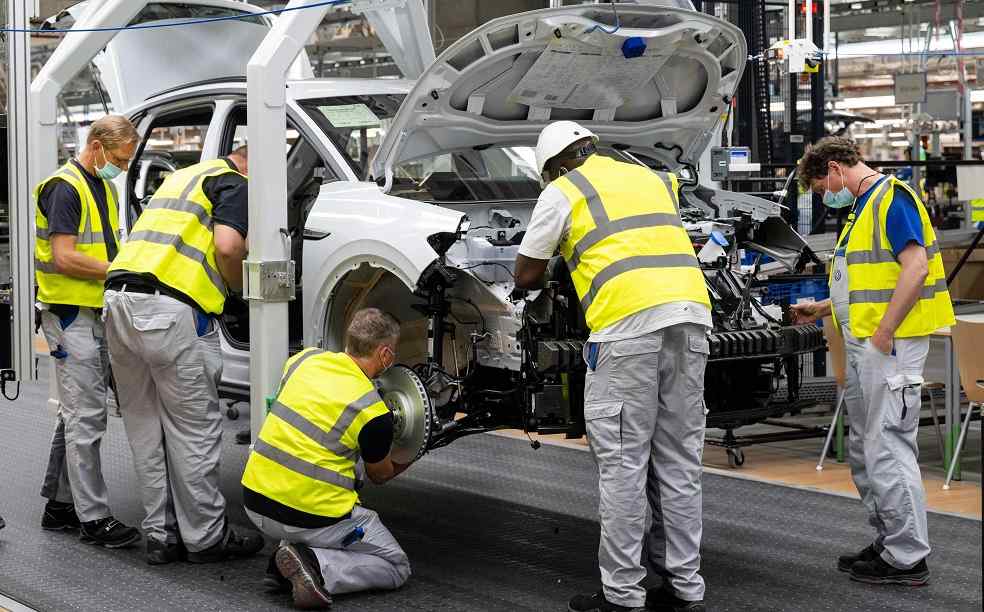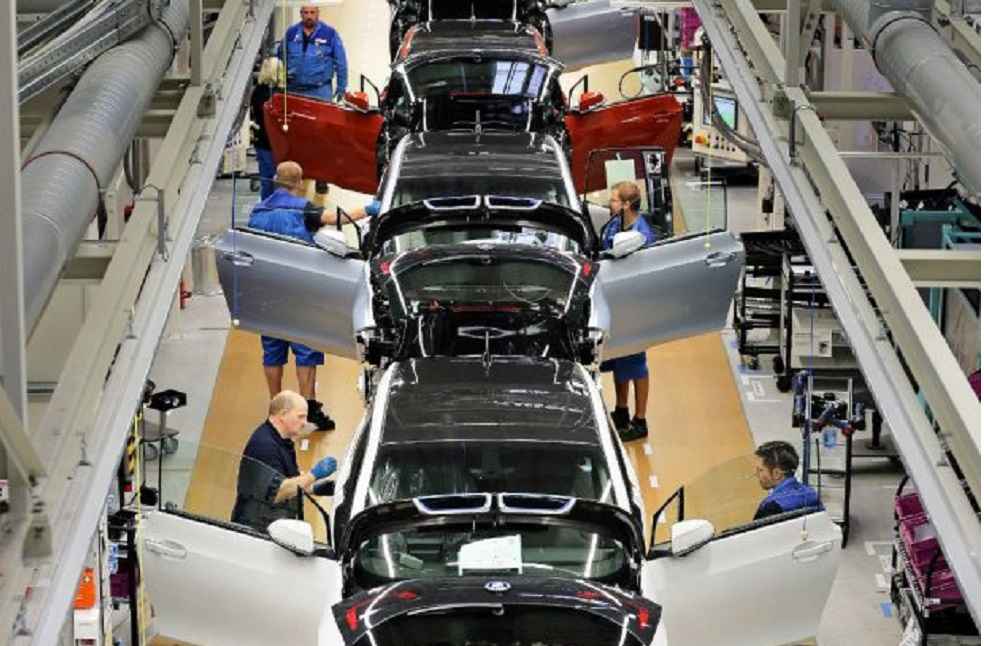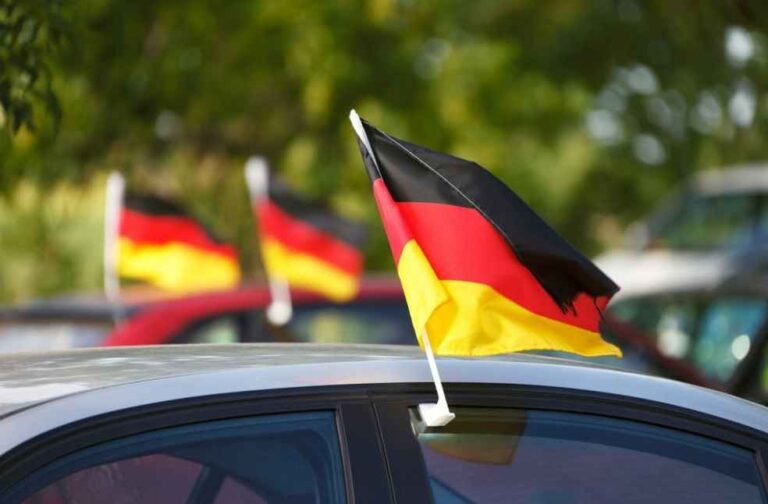The global auto industry is facing a downturn, with German carmakers reporting a significant earnings slump in the first half of the year. A recent analysis by auditing and consulting firm EY reveals a stark decline among key players in the industry.
Volkswagen, BMW, and Mercedes-Benz, cornerstones of Germany’s automotive might, collectively generated €25.9 billion in operating profit (EBIT) from January to June 2024. This figure reflects an 18% decrease from the previous year, signaling underlying weaknesses in the market. EY’s study, which scrutinized the financial performance of the 16 largest car manufacturers worldwide, highlights a concerning trend.

Despite a modest 3.7% rise in sales, totaling over €1 trillion during the period, overall EBIT dropped by 7.8% to €80.4 billion. This decline underscores the mounting pressures European manufacturers face, driven by high costs linked to the transition to electric vehicles, persistent supply chain challenges, and fierce market competition that has squeezed profit margins.
In contrast, Japanese carmakers have surged ahead, posting a remarkable 37.1% jump in profits and a 14.2% increase in sales. The yen’s depreciation has played a crucial role here, making Japanese vehicles more competitively priced on the global stage and delivering additional benefits through favorable exchange rates.
Constantin Gall, an expert at EY, cautions against viewing Japanese manufacturers’ profit growth as indicative of the entire industry’s health. Beneath this success lies a more complex picture—one where automakers worldwide contend with rising costs tied to electrification, supply disruptions, and aggressive discounting. These factors are expected to force many manufacturers into cost-cutting strategies.

Faced with external regulatory constraints, Gall emphasizes the need for carmakers to refine internal processes, trim expenses, and channel investments into areas that amplify brand identity and customer value. As the sector navigates these turbulent waters, efficiency and strategic positioning emerge as critical to maintaining competitiveness in a rapidly evolving market.
Profitability has clearly come under strain. The average EBIT margin across the industry dropped by a full percentage point to 8.0% during the first half of the year. South Korea’s Kia, however, has defied the trend, emerging as the most profitable automaker with a margin of 13.1%. Mercedes-Benz and BMW followed, with margins of 10.9% and 10.8%, respectively—both experiencing a year-over-year decline.
Tesla, the American electric vehicle leader, also faced a sharp drop in profitability, with its margin plummeting from 10.5% to 5.9%. This decline further reflects the broader challenges gripping the global automotive industry.
GENERAL | China Mulls Higher Tariffs on Big-Engine Car Imports for Greener Future





